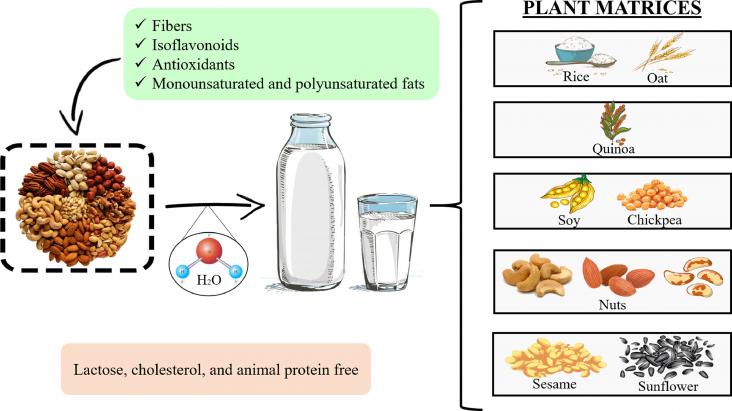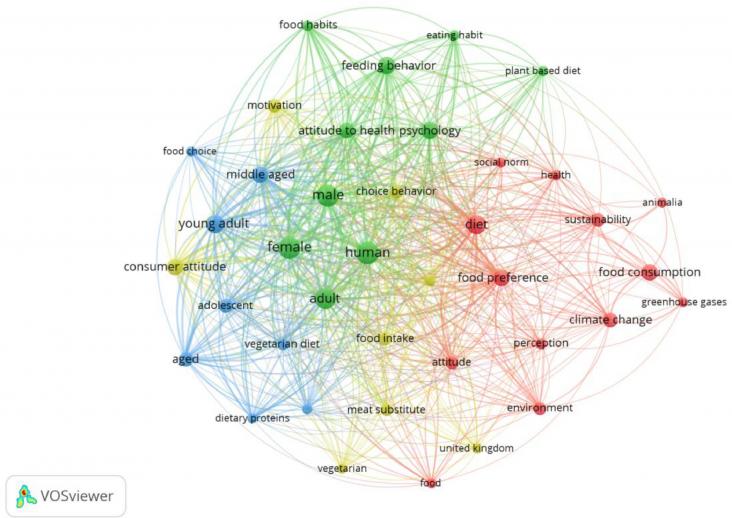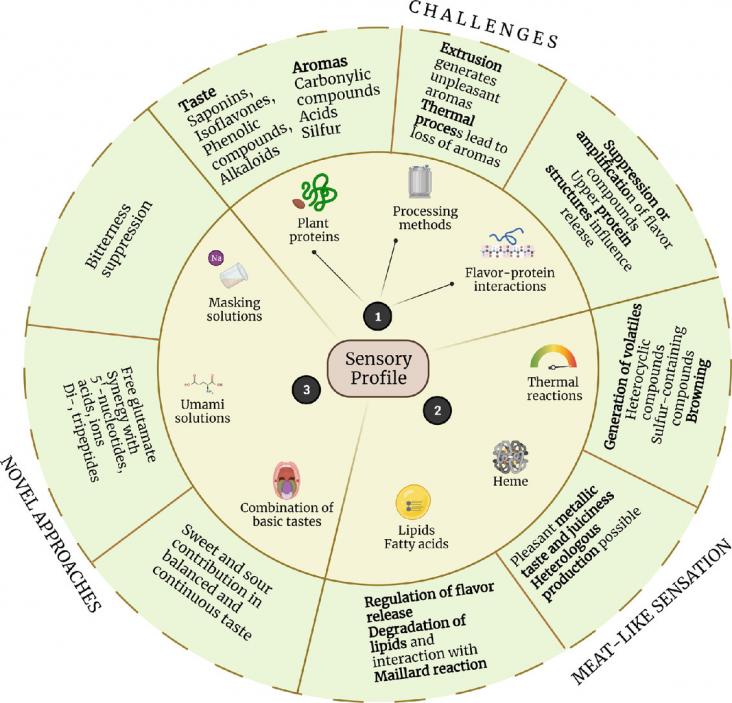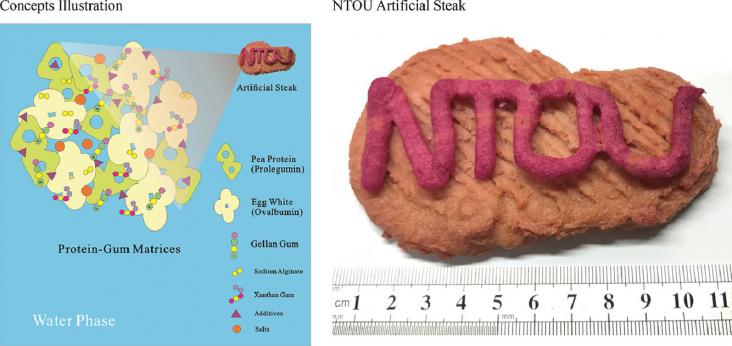
Cow's milk is considered a staple in many diets due to its high nutritional value. It contains almost every nutrient that the human body needs.
Transitioning toward plant-based diets can alleviate health and sustainability challenges.
The availability of food is the basic entity for the survival of human. The resources that make a nation food secured is guided by multiple factors and can be evaluated using a set of indicators.

Several studies have indicated that a global reduction in meat consumption is inevitable for sustainability and public health, despite the challenges inherent to changing eating habits.
Meat induces large environmental impact while supplying important nutrients, and meat substitutes are increasingly adopted as direct replacers of meat products.

Cirium develops a methodology to calculate the most accurate, historic, and predicted flight emissions data in the marketplace. This will allow airlines to track the fuel efficiency of their operations and customers to track and choose the lowest possible carbon footprint when they travel. This supports climate action and SDG 13.
Sustainable wood-based design solutions necessarily presuppose economically, socially, and environmentally reliable sources of wood use for any future designs. However, increasingly unsustainable effects from climate extremity are now prompting the search for alternative forms of use that avoid or forestall those effects.
Plant-based meat substitutes are products used to replace meat in the human diet.


